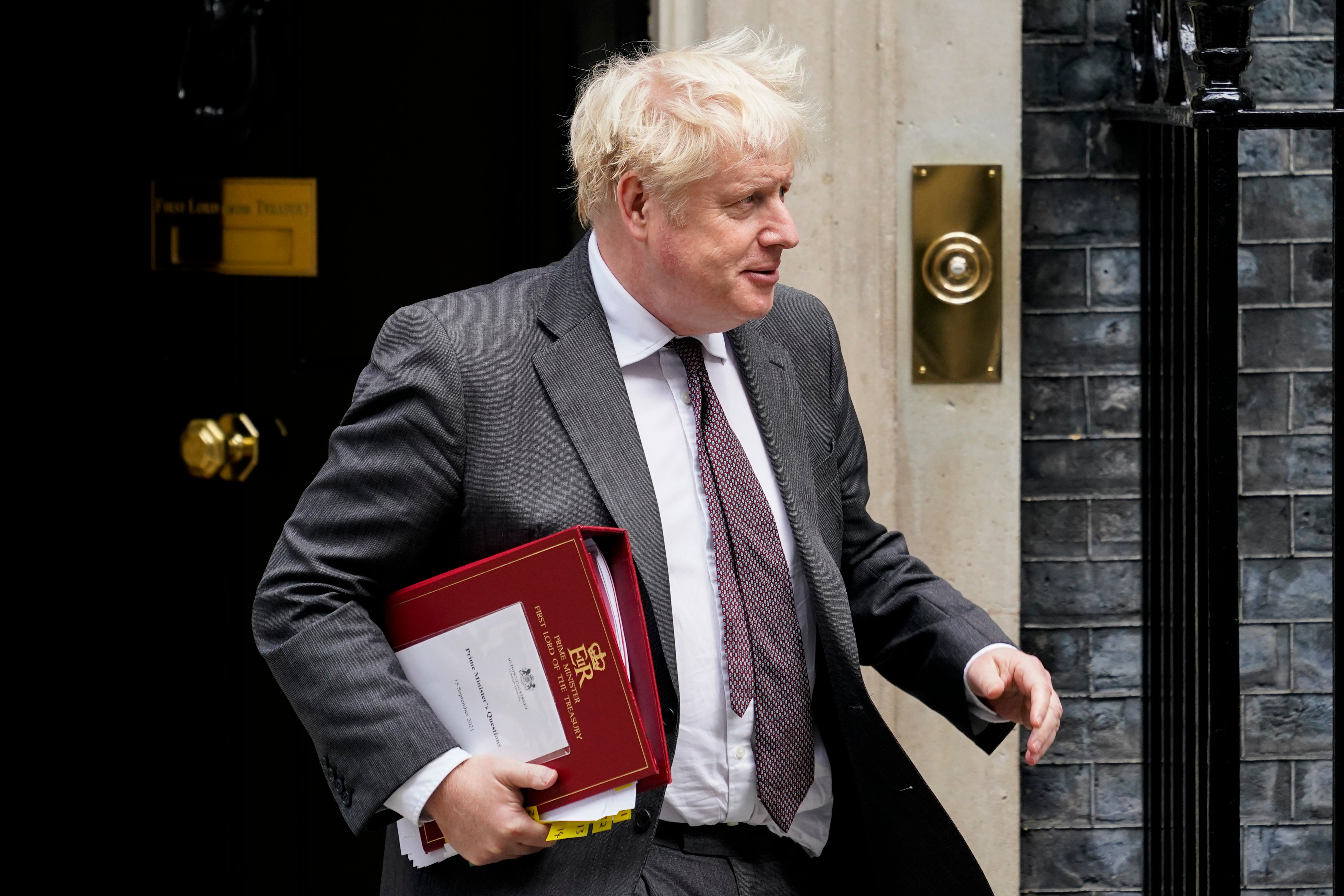Boris Johnson is at the peak of his power – and has no idea what to do with it
Ministers who have been distracted for weeks now have room to breathe again, writes John Rentoul, as power flows back from the centre to the departments


Boris Johnson used a wider than expected reshuffle to assert his authority, but beyond a slight shift in favour of competence the changes signified very little.
Obviously, it is better to have a foreign secretary who enjoys travelling than one who doesn’t, and Nadhim Zahawi cannot do a worse job at the education department than his predecessor. But today’s ministerial appointments signal no great change in direction for the government.
There are no great problems facing the government that this reshuffle seems intended to solve, except possibly the revolt of the nimbys against Robert Jenrick’s plan to build all over southern England. Moving Michael Gove to the housing department may mean that the impossible tension between the prime minister’s target for mass house-building and the resistance of existing residents might be handled more imaginatively, but it is never going to be resolved. If Gove really was “bored” in his troubleshooting job at the Cabinet Office at the centre of government, as has been reported, he is going to regret not being more careful in what he wished for.
So this reshuffle fixes three obvious defects. Gavin Williamson has not handled the disruption to education caused by lockdowns well, and his departure was advertised almost as long as the last Doctor’s from Doctor Who. Dominic Raab’s handling of the withdrawal from Afghanistan wasn’t great, although it didn’t require his departure. But a prime minister has to use his power to hire, fire and move, and why not have two women in great offices of state if you can – especially when Raab’s legal background makes him a better fit at the justice department? And sending Gove to try to fix the housing crisis ensures that the government will at least be seen to be doing something about it.
In addition, Johnson has kept his cultural opponents in a state of off-balance outrage by promoting Nadine Dorries, popular novelist and gameshow participant, to head the Department of Digital, Culture, Media and Sport (DCMS). She is also one of his most loyal supporters – although being a loyal supporter of this prime minister is a hit and miss business if the supporter is expecting a reward. Jenrick, who was one of Johnson’s early supporters from the mainstream of the party, and Williamson, who helped organise his leadership campaign, can testify to that.
But there is one big problem facing the government that this reshuffle ducked. Many Conservative MPs say that the party’s sudden dip in the opinion polls, which means Labour is neck and neck again, was not caused by last week’s announcement of a tax rise, but by daily news pictures of refugees and migrants arriving on the Kent coast in small boats. Priti Patel, the home secretary, has resorted to unconvincing policies such as making it “illegal” to arrive in the country without papers and ordering the Border Patrol to “turn round” boats if impossible conditions are met.
You can see why Gove wanted to be home secretary, because that is the kind of testing legal and logistical challenge he would have relished – but the prime minister obviously didn’t want to move Patel to the Foreign Office to make it possible.
There are still some important appointments to be made outside cabinet, in particular the chief secretary to the Treasury, who attended cabinet but was not a full member. Steve Barclay has been promoted to full cabinet status as Gove’s replacement at the Cabinet Office, which means he has a vote of confidence as the prime minister’s problem-solver in chief. But he was in the middle of the annual spending review, a vitally important role. It will be interesting to see whether Kemi Badenoch, a junior Treasury minister who has impressed Tory MPs with her attacks on Labour righteousness, is promoted tomorrow.
The thing about prime ministerial power is that once it has been used, it has gone. Johnson’s ministers, who have been distracted and irritable for weeks, now have room to breathe again, as power flows back from the centre to the departments.
Boris Johnson may never be as powerful again. But what, it might be asked, does he want to wield that power for?
Join our commenting forum
Join thought-provoking conversations, follow other Independent readers and see their replies
Comments
Bookmark popover
Removed from bookmarks